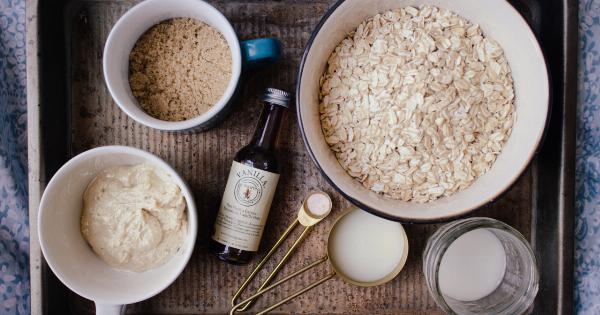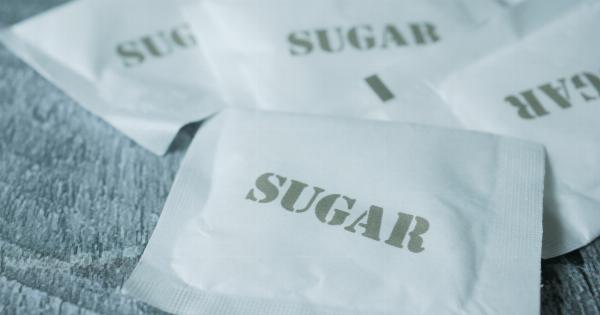Consuming excessive amounts of sugar is linked to various health problems, such as obesity, diabetes, and tooth decay. While reducing your sugar intake is essential for better health, it doesn’t mean you have to give up sweetness altogether.
Natural sugar substitutes offer a healthier alternative to satisfy your sweet tooth without the negative consequences associated with regular sugar consumption. Here are the top 5 natural sugar substitutes you can incorporate into your diet for better health:.
1. Stevia
Stevia is a natural sweetener derived from the leaves of the Stevia rebaudiana plant. It is a popular choice for those looking to reduce their sugar intake because it contains zero calories and has a minimal impact on blood sugar levels.
Studies suggest that stevia may even offer potential health benefits, such as its ability to lower blood pressure and reduce oxidative stress.
2. Monk Fruit
Monk fruit, also known as Luo Han Guo, is another natural sugar substitute that is gaining popularity. It is derived from the fruit of the Siraitia grosvenorii plant and contains no calories or carbohydrates.
Monk fruit sweeteners are often used in combination with other natural sweeteners, as they can be up to 200 times sweeter than regular sugar.
3. Erythritol
Erythritol is a sugar alcohol that occurs naturally in certain fruits and fermented foods. It tastes almost identical to sugar but contains only about 6% of the calories.
It is also well-tolerated by most people, causing minimal digestive side effects compared to other sugar alcohols. Erythritol does not raise blood sugar levels, making it a suitable option for those with diabetes.
4. Xylitol
Xylitol is another sugar alcohol that is commonly used as a sugar substitute. It occurs naturally in small amounts in fruits and vegetables and has a similar sweetness to sugar.
Xylitol has a low glycemic index and does not cause spikes in blood sugar levels like regular sugar. It also has the added benefit of protecting against tooth decay by inhibiting the growth of harmful bacteria in the mouth.
5. Coconut Sugar
Coconut sugar is derived from the sap of coconut palm trees. It contains small amounts of nutrients like iron, zinc, calcium, and potassium, which are lacking in regular table sugar.
Coconut sugar has a caramel-like flavor and can be used as a one-to-one replacement for regular sugar in recipes. However, it is still high in calories and should be consumed in moderation.
These natural sugar substitutes can be an excellent choice for people looking to reduce their sugar intake without sacrificing the taste of sweetness. Remember, using sugar substitutes in moderation is key to maintaining a healthy and balanced diet.
Experiment with these alternatives in your favorite recipes, and you may discover a healthier way to enjoy your sweet treats.































